Latest News
“Health Is Justice”—Powerful Research Set To Shake Nigeria’s Policy And Rights Landscape
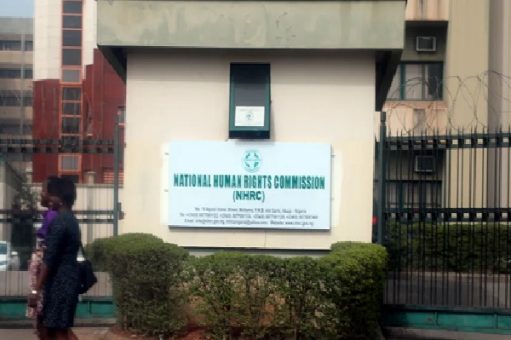
According to Ireporter Online, the Human Rights Institute of the National Human Rights Commission has approved a major research work by legal scholar and health-rights advocate, Dr. Jennifer Mike-Oworodo, for presentation at its national conference scheduled for today and tomorrow.
The study, titled “Operationalising Reproductive Health Rights in Nigeria: A Multi-dimensional Framework for Addressing the Policy–Practice Divide,” was selected for its comprehensive approach to closing the persistent gap between Nigeria’s health policies and citizens’ access to essential care.
Dr. Mike-Oworodo, a prominent voice in the push for health justice, stressed that Nigeria must directly address the systemic deficiencies that deprive millions of equitable healthcare. She maintained that true health justice rests on fairness, insisting that every individual, regardless of gender, socioeconomic background or location, deserves access to the care required to live with dignity.
A professor of Women, Gender and Sexuality Studies at DePauw University and an assistant professor of Law at the American University of Nigeria, she pointed out that many of the nation’s healthcare difficulties—from underfunded facilities to overwhelmed medical workers—are partly rooted in weak legal safeguards. Although the Constitution acknowledges a right to health, she noted that citizens are unable to enforce it.
“This is why people have no recourse when the system collapses,” she explained, highlighting how governance failures, politicised budgeting and corruption worsen the situation and accelerate the migration of skilled professionals.
She further identified reproductive justice as an urgent but overlooked area, calling for clearer national regulations on assisted reproductive technologies and surrogacy. According to her, health policies must recognise Nigeria’s diverse realities: “A poor rural woman does not encounter the same barriers as an educated urban man. The system must reflect these differences.”
Dr. Mike-Oworodo outlined key reforms for repositioning the health sector, including making the right to health legally enforceable to enhance accountability; boosting transparent funding; strengthening management structures across all levels of care; adopting gender-sensitive policies responsive to the needs of vulnerable groups; and ensuring that communities participate in shaping their health priorities.
“Health is not charity, it is justice,” she said. “Until Nigeria treats healthcare as a right rather than a privilege, the vision of a healthy nation will remain unattainable.”
Her presentation at the HRI national conference is expected to influence ongoing national conversations on health law, governance, rights and accountability.
-
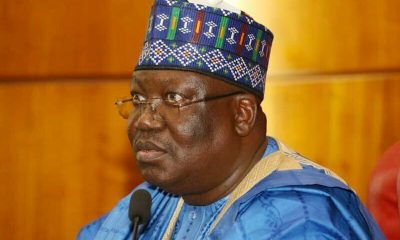
 Latest News6 days ago
Latest News6 days ago“Tinubu Is Open To All Nigerians — Ahmed Lawan Fires Back At Critics”
-
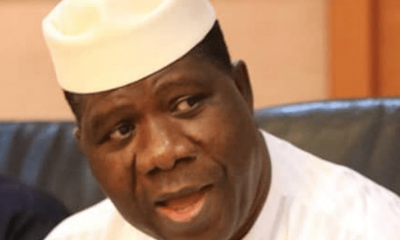
 Latest News2 weeks ago
Latest News2 weeks ago“I Owe No One An Apology” – Senate Leader Bamidele Declares Unshakable Loyalty To Governor Oyebanji
-

 Latest News2 weeks ago
Latest News2 weeks agoEFCC Restores Hope: 70-Year-Old Widow Reclaims ₦42.5 Million Stolen By Banker
-

 Latest News2 weeks ago
Latest News2 weeks agoFuel Prices Crash Again As Dangote, BOVAS, AA Rano Lead Fresh Market Adjustments
-

 Latest News1 week ago
Latest News1 week agoDefence Headquarters Responds Hours After Wike’s Heated Clash With Military Officers
-

 Latest News1 day ago
Latest News1 day agoTinubu Finalises Ambassadorial List, Set To Dispatch Nominees To Senate Anytime
-

 Latest News2 weeks ago
Latest News2 weeks agoRegina Daniels Begs Ex: “Please Don’t Release My S3x Tape” — Actress Vows Legal Fight
-
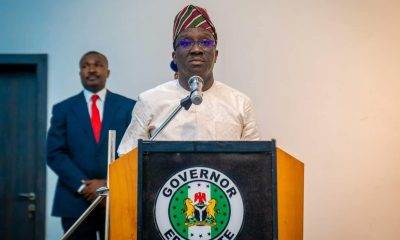
 Latest News6 days ago
Latest News6 days agoOkpebholo Drops The Hammer: Two Edo Monarchs Dethroned Amid Rising Tensions
-
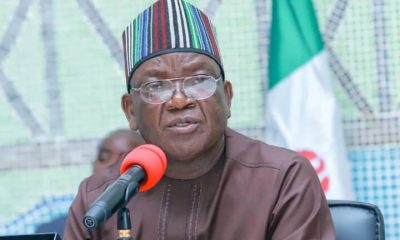
 Latest News2 days ago
Latest News2 days agoChaos In Abuja As Ex-Governor Ortom Forced Out Of PDP Meeting Amid Power Struggle
-

 Latest News2 days ago
Latest News2 days agoNigeria At COP30 — Momoh’s Strategic Engagement Reshapes The Country’s Climate Presence In Belém
-

 Latest News1 week ago
Latest News1 week ago“Marry My Daughter!” — US Soldier Offers Daughter To Lt. Yerima After Viral Clash With Wike
-

 Latest News4 days ago
Latest News4 days agoTinubu Poised To Release Powerful New Ambassadorial List After Nationwide Diplomatic Overhaul



